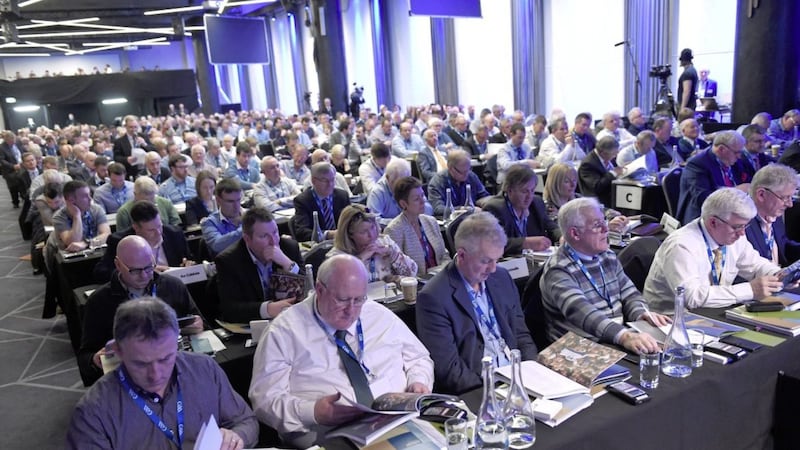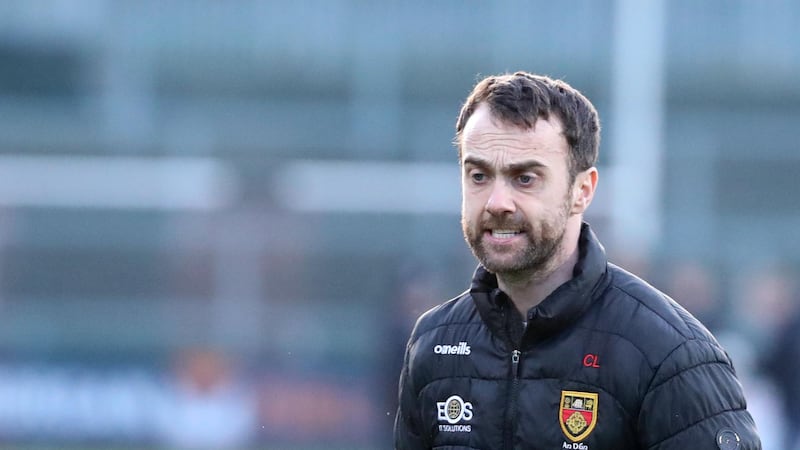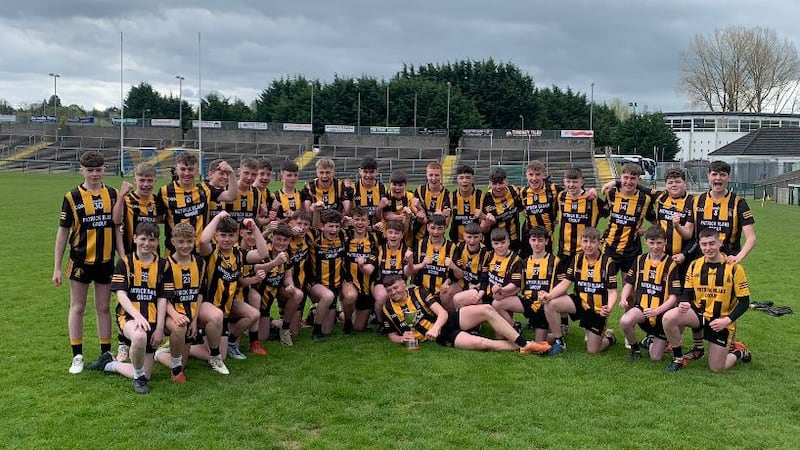THE biggest problem the Club Players’ Association has with affecting long-term change is the same one I have with getting you to continue reading beyond the first paragraph here: people just get so bored of boardroom talk.
Someone mentioning motions or mandates or elections is the equivalent of arriving at someone’s house for a night’s craic and them turning on the weekend shipping forecast.
If you asked 100 per cent of club GAA players, they would almost all say that they want things to change, especially in relation to fixtures.
If you asked 100 per cent of club GAA players to attend a two-hour meeting to debate motions that could definitively bring about that change, most of them would suddenly have hair to wash (I’d love to still have that excuse), grass to cut, kids to mind or they’d contract a 24-hour bug that day.
The players want the whole thing to be fixed to their satisfaction, but they want someone else to fix it.
Since its official launch on January 4, the Club Players’ Association has done more to affect change for GAA players than the GPA has done in almost three decades.
There are two ways to approach a war on the establishment. You can go on a mad charge at parliament buildings, wailing and screaming with your pistol drawn. Inevitably, you’ll be shot down or completely discredited before you get within a mile of achieving anything.
Or you can take what you’re being told while still making enough noise to ensure you’re being heard, and go off and formulate a plan within the parameters that will get things done, however slow and frustrating a process that might be.
It’s the armalite or ballot box argument, and for a brief time, the CPA threatened to go down the first route.
There is only so much barbing you can do at the hierarchy before they’ll slam the door in your face.
The very early weeks had been fairly amicable, with the GAA opening the doors of Croke Park to the CPA for some of its’ initial meetings, but things became more terse as the months passed.
The run-in to Congress was dominated by the players’ body’s call for the proposals on All-Ireland reform to be parked, but the GAA ceded no ground and crashed them through with 76 per cent of approval from the smiling assassins on the floor.
That room is like a warm cocoon for hundreds of mutual back-slappers, basking in the radiance of the power they hold over the rank-and-file, uncaring of how dated or unrepresentative their views often are.
In the weeks that followed what was a fairly revolutionary Congress, the CPA were gasping for air a bit. Throwing shots at Páraic Duffy and Aogán Ó Fearghail, however right or wrong they might have been, was threatening to dissolve the initial good work, as well as erode public support.
But the ship has been steadied and in the last week, they have made a serious move towards implementing some of the change that they’ve been calling for.
It’s unlikely that we’ll ever see any of their well-thought out fixture plans ever put in place as they would require the GAA to basically rip up its own fixture calendar.
And whether we like it or not, the incremental change that Congress makes on an annual basis is how things are done, and how they will continue to be done for the foreseeable future.
So rather than beating their heads off a brick wall, Michéal Briody, Anthony Moyles, Derek Kavanagh, Liam Griffin and the rest put their heads together and found another way.
Not only did they release eight motions last week for consideration, but within one of them was contained a very thinly veiled swipe at how the organisation’s democratic body conducts its business.
If their motion calling for the votes of all Congress delegates to be made public was passed, it would shine a bright light on one of the dark recesses of a supposedly fair-and-even method of decision making.
The reality of Congress is that county boards will debate a few of the major motions among themselves and decide upon a leaning in terms of how they will vote. But there is nothing to stop individual delegates going off their own bat – or being manipulated – into voting a different way.
You can suspect, but you’ll never know. This way, there is accountability forced upon not only the delegates themselves, but also the counties and the entire body of Congress.
And, therefore, the clubs. Because it all does come back to the clubs. It is true that the reason Congress is a failure is that the clubs, and their players, don’t exercise their right to democracy.
They sit on their hands, warming them for that February morning when all hell breaks loose on Twitter because ‘the suits’ have made another unfathomable decision.
It’s the equivalent of bashing Brexit when you didn’t use your own vote. And, no different from any other average Joe, I shamefully fall into that category.
There’s accountability to be accepted from all angles. And there’s still a fair way to go before ordinary club people will accept a couple of hours of tedium talking about Congress motions, but the first rocks have been broken.
And if the CPA were to get a motion passed that put it in writing that counties must vote as mandated by their clubs, who themselves must hold a meeting to vote on motions, then the whole face of democracy in the GAA would be changed beyond recognition – and changed for the better.








